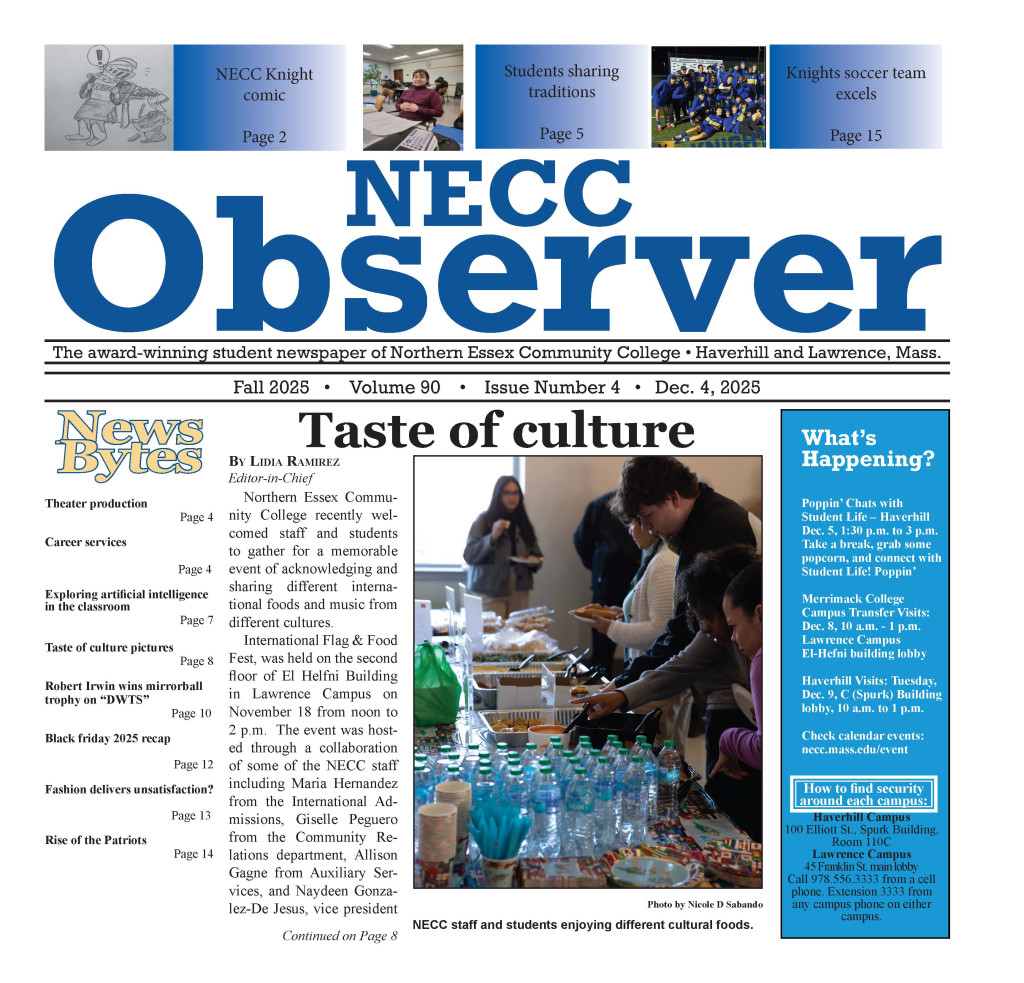At the heart of being an effective student, in my experience, is three words, which are Focus, Prioritize, Accomplish. While this credo might be a bit simplistic for some more complicated situations, at very least I’ve found these rules to be a useful place to start when I find myself well and truly stuck.
When a lot of work has to be done in a short amount of time, the first thing that has to go is distraction. Cell phones especially, but even books, instruments, and the ever-present social media has to be shelved. Out of sight, out of mind. It is not difficult to let even an hour at a time go by scrolling mindlessly on Instagram or Facebook, and more than a few projects had been seriously set back by those sorts of distractions.
Around the end of the semester, when the workload seems to double and the due dates come up quicker than ever, even the smallest mistake or delay can go from a mild annoyance to a severe holdup. From assignments, to projects, to presentations and essays, it can feel like everyone needs everything at once. All this stress comes hand in hand with non-academic worries that begin around the same time of year with the onset of the holiday season. Southern Methodist University Provost and Vice President of Academic Affairs Steven Currall is quoted on the SMU page as saying “The stretch from Thanksgiving to the end of finals is ‘ a time of significant stress for many members of our community.’”
[pullquote]
Choose the most difficult, intensive, or grade-impacting projects to prioritise.
[/pullquote]
But even at this busiest of junctures, a few minutes of organization can make all the difference. If you don’t have a planner or calendar, I adamantly suggest finding one. But in a pinch, even a scrap of notebook paper or the back of a syllabus will do. On this piece of paper, write out everything that has to be done. Don’t worry about order or importance yet, just dump it all out so it’s not jostled in a busy mind any more. Take a minute or two to simply breathe, relax your shoulders and let your thoughts quiet down. Give yourself a moment of peace and quiet.
Once this is done, organize by urgency. I say urgency rather than due date, because while some projects might be due sooner than others, they might also be simpler or something you are more comfortable doing. Choose the most difficult, intensive, or grade-impacting projects to prioritize. Once this list is made, the hard part can start.
Once the distractions have been shelved, and the set of priorities established, settling to do the work itself doesn’t have to be as uncomfortable or stressful as it might be.
The single most impactful way to make the work easier is to give yourself ample time. This advice comes not from someone who always does, rather someone who has had to scramble to finish a paper or project more that I’d like to admit. It cannot be said enough, and bears repeating, that enough time makes lighter work.
In addition, think about what you can do for yourself to make the work go easier. Dressing comfortably, having a favorite drink or snack on hand, or background music that is soft enough to not become a distraction, I personally do all three of these.
Being well rested also makes work go by much easier, According to the Palo Alto Medical Foundation, young adults need between seven and a half to eight hours of sleep a night. Missing sleep, according to the Foundation, causes decreased attention, memory and alertness. All of these are serious handicaps on the quality of a project. Having a well-rounded meal can also help you feel awake, alert and able. Starches and carbs are the body’s energy source while vitamins found in fruits and vegetables can help everything from memory retention to improving mood.
Taking short breaks have definitely helped me to clear my head and reorient myself on task. When I get writers block, or can’t decide how to proceed in a certain project, or simply feel drained or out of steam, a short workout or walk serves to get the blood moving, and lets my head relax for a few minutes. Even taking ten minutes to play some music, read a good book or chat with a family member can suffice.
The important distinction here is that these are mentally active forms of rest. Video games, social media or surfing the web are not activities that continue to stimulate the brain in different ways, rather they generate inaction and lethargy that is tempting to give in to.
Playing an instrument, reading, or talking keep the mind active, simply in a different way than hard work at the keyboard does. In this way, the brain can rest while remaining awake and aware.
Once these steps are taken and advice tailored to your own preference, you’re ready to blaze through the toughest part of the semester and finish strong! Good luck.

